THIS IS NOT A WAR STORY — a film written and directed by New School professor of screen studies Talia Lugacy — is a provocative challenge to the all-too-glorified American war narrative. The film is both an exploration of the experience of participating in war and a meditation on what it looks like to return from one.
On Veterans Day, Nov. 11, community members and friends gathered in the Anna-Maria and Stephen Kellen Auditorium for the screening of Lugacy’s film and a conversation stretching across reflection on the media we consume, intergenerational and international connections, and the healing properties of artistic processes.
Lugacy, a professor at The New School since 2013, was joined by veteran and activist Claude S. Copeland, Jr., and veteran and New School alum Paul Chaffin, for the post-film Q&A.
The film follows a budding friendship between characters Isabelle (Lugacy) and Will (Sam Adegoke) as they navigate separate, painful existences post-deployment. The two characters meet at a veteran-run art studio where military uniforms are recycled into paper. The art studio in the film is based on two real organizations, Frontline Arts and Out of Step Press, both a part of an insular community of veterans that Lugacy immersed herself in throughout the making of the film.
The on-screen portrayal of this community prompted audience members to reflect on the healing nature of creating art. After the screening, Lugacy explained that the process of making art can allow personal storytelling when self-censorship might otherwise get in the way. Lugacy had a nearly finished script when she discovered the paper-making veterans that became the story’s center. “What a metaphor, of ripping this uniform to shreds and making it into something else … it was such a perfect thing,” Lugacy said. Copeland agreed with Lugacy’s sentiment — “Art can give you a healthy distance to process things from.”
In the post-film discussion, mainstream media’s depiction of war was also torn to shreds. Chaffin reminded the audience of the Department of Defense’s connections to major movie studios and their final say on the portrayal of the U.S. military in Hollywood productions. “A foundational impetus for the film was that we were never going to ask them for permission … this [was] a giant middle finger to them,” Lugacy replied.
Notably, the film portrays no scenes of war or wartime violence. “If you think about all of the films that you’ve seen that are supposedly anti-war… they make it look sexy as hell,” Lugacy said. “You cannot be anti-war and make images like that. The images are just feeding this hunger for it.”
Similarly, Chaffin emphasized the importance of maintaining awareness regarding where the media you consume is coming from — especially on Veterans or Memorial Day. “Pay attention to what people tell you to think or do, especially about people that you think you hate, people you disagree with,” Chaffin said. It only works to your disadvantage, he further explained — systems of power benefit from societal ignorance.
Speaking to the screening’s strategic timing, Lugacy said, “I wanted to screen [the film] here, specifically on Veterans Day, to have a conversation about anti-war activism.” Hosting the screening in a space geared toward education was also important. “I wanted to be able to share the film in that context and have a dialogue with students and with The New School on these subjects,” Lugacy said.
Chaffin, who studied philosophy at The New School, met Lugacy when she was a guest speaker in a film studies course he took. “It brought me right back to being in class,” Chaffin said on seeing this film screened at The New School. “It was a good feeling … it was good to be back.”
Audience members — primarily students studying film at The New School — asked questions regarding Lugacy’s cinematic and narrative choices. They also expressed interest in a veteran’s perspective on our current political climate, as well as their role as students in shaping that narrative. Copeland argued that revolutionary work has to start at home, as conflicts abroad are usually entangled with the issues we face domestically. “The treatment of other people of color, for example, whether it’s here in New York or it takes place overseas, we can’t say that any of it’s acceptable in any form,” he said. “Hopefully, if we’re able to unveil what’s happening right here in our city, it becomes easier to see far away.”
Chaffin offered another perspective on being a veteran in our current culture of consumerism and capitalism. “I feel like the older I get, the more they just turn into holidays. I think days like that have a numbing effect,” Chaffin said. He questioned how much weight Veterans Day holds for younger generations, who have seen it increasingly commodified.
For Copeland, screening the film on Veterans Day gave the opportunity to counteract the idea of commodification with a more well-rounded understanding. It was important for him that people came together and talked. “I was thinking to myself, I could see this being something I could want to do with others on Veterans Day,” he said.
Copeland expressed film as a medium that allows people to understand experiences that aren’t their own. “It’s a great way to have conversations just like what we had tonight,” he said. “For folks to come here and really be intentional about watching the movie, and having a discussion afterward that people are invested in, is good.”
The film, available to stream on Max, Amazon, and Apple TV, is a reminder that doing the work of healing is a constant process — and the first step is showing up. On Veterans Day, people showed up for THIS IS NOT A WAR STORY. As Chaffin reminded the audience, summarizing his thoughts on the American institutions that perpetuate narratives of war — “You don’t have to walk around hoping and thinking about war and how to end it all the time. Just be aware of everything they do to make you forget what’s actually happening.”

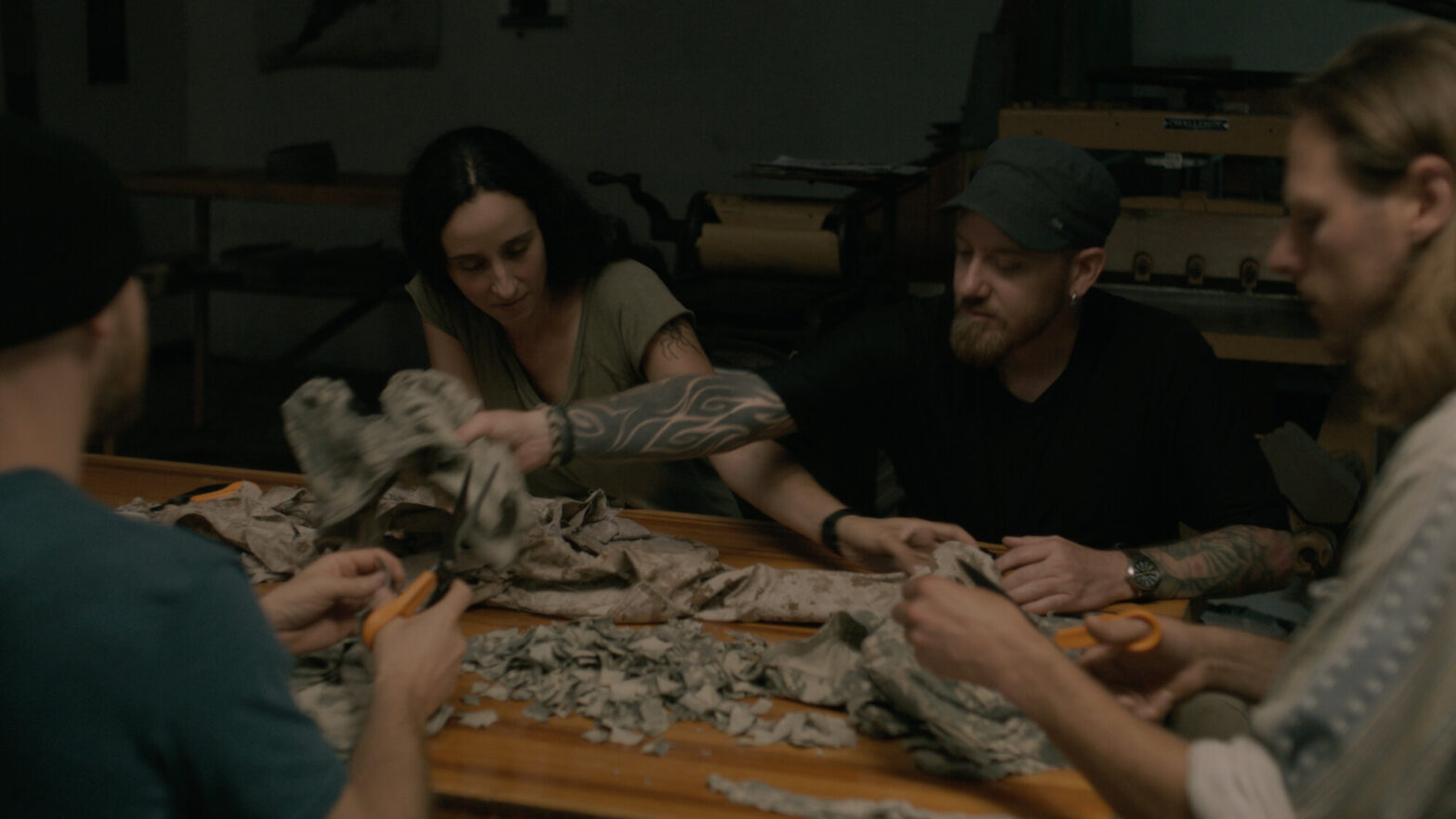
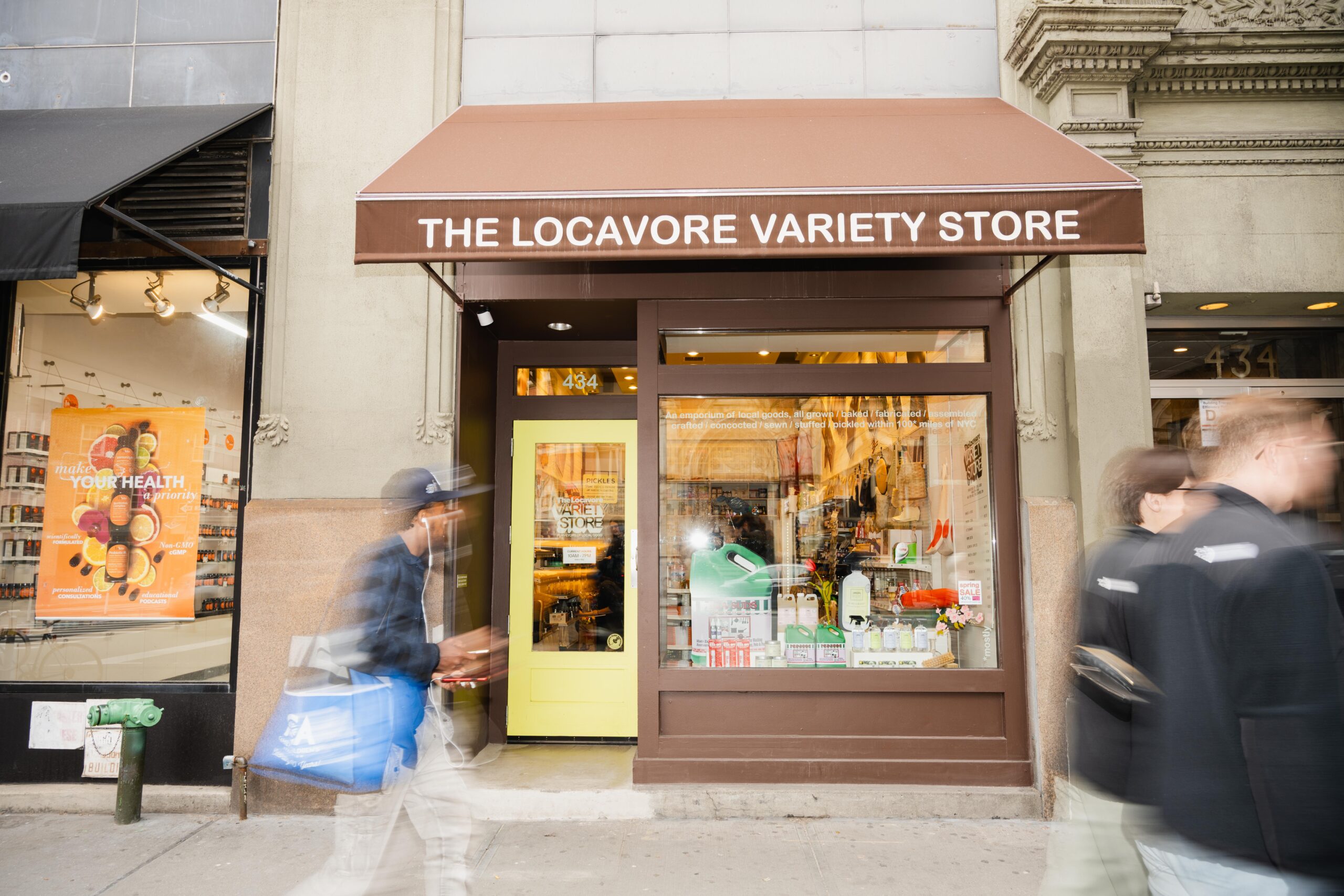
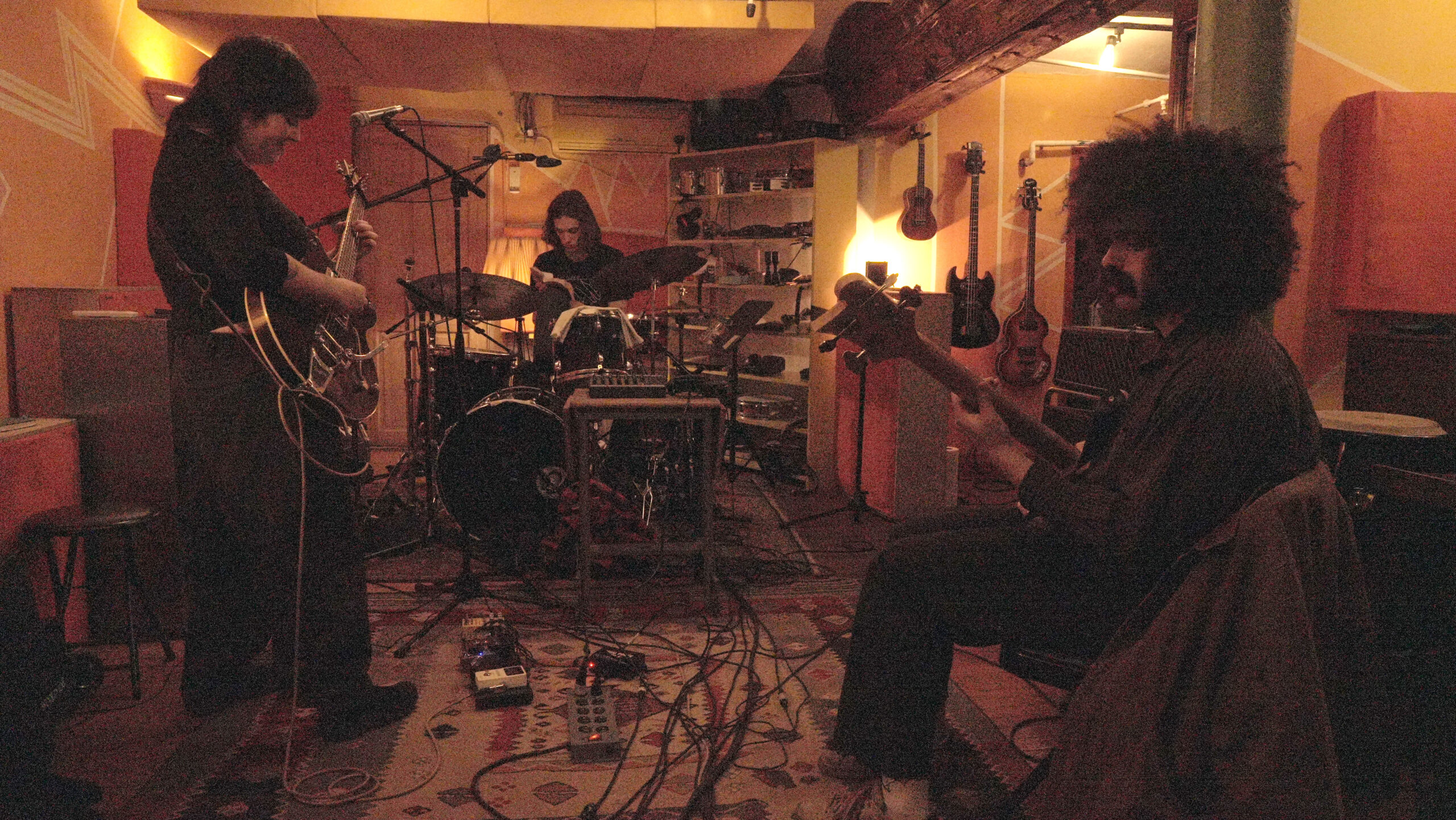
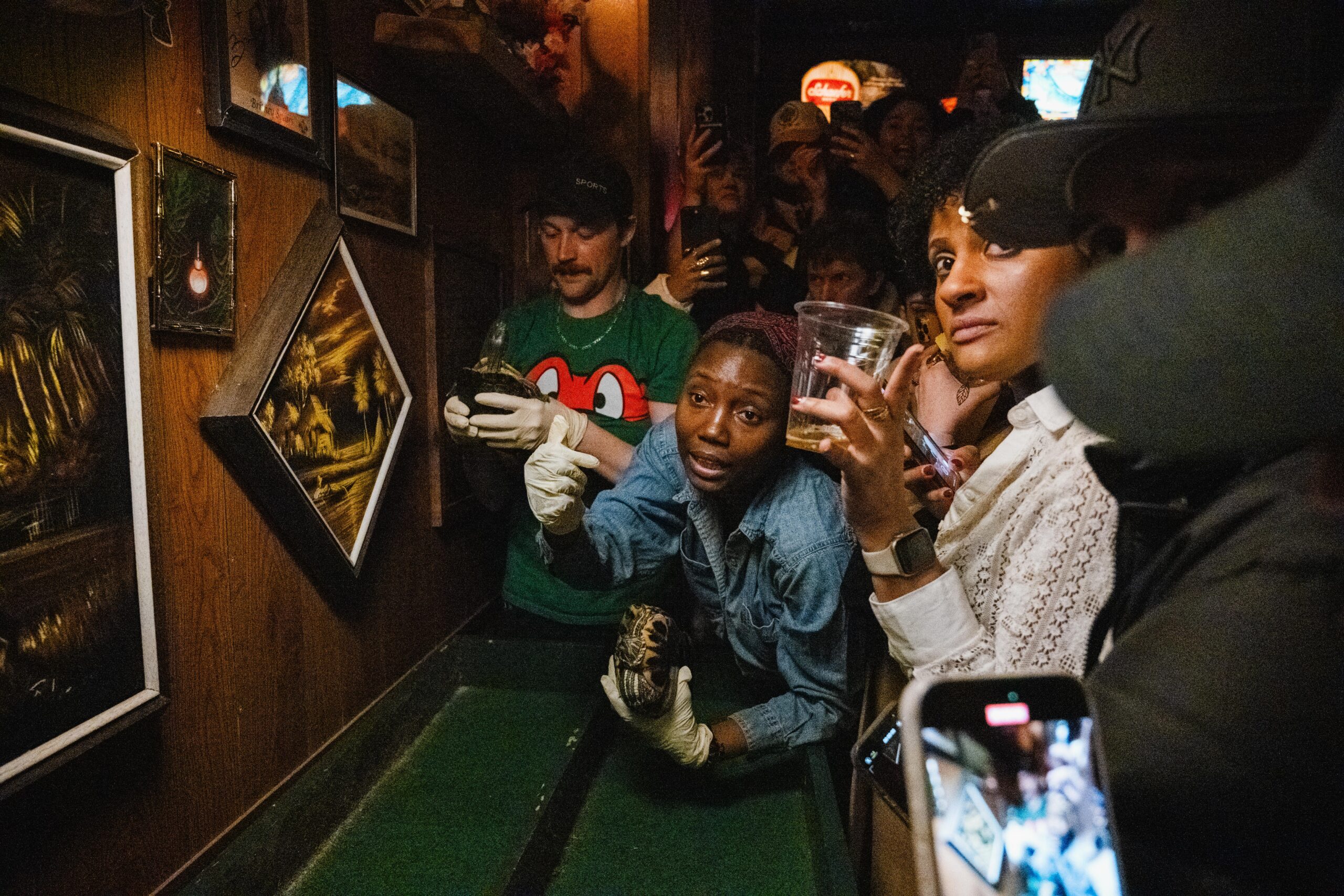
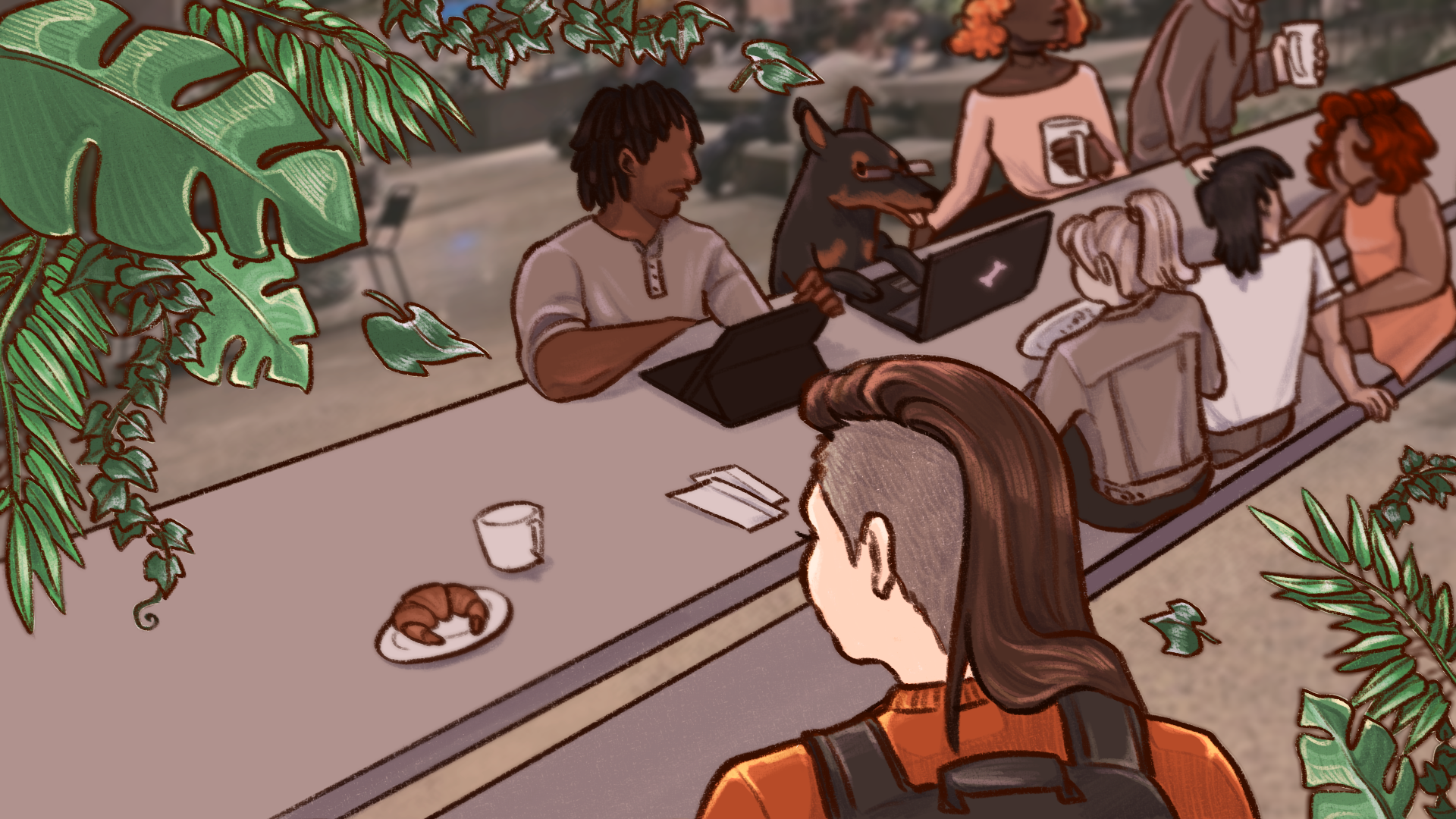


Leave a Reply